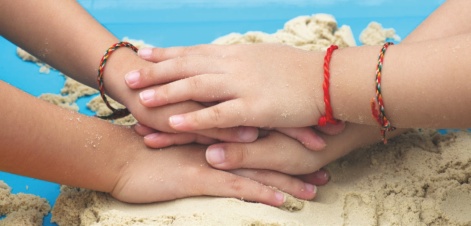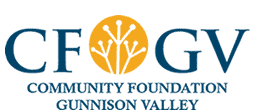What is Civility?
 Originating from the Latin civilus civitas to the old French of civilite, civility historically just meant “relating to citizens.” The word took on a connotation of “politeness” in the middle of the 15th century. To know what it means today, maybe it helps to hear the antonyms — rudeness and disrespect.
Originating from the Latin civilus civitas to the old French of civilite, civility historically just meant “relating to citizens.” The word took on a connotation of “politeness” in the middle of the 15th century. To know what it means today, maybe it helps to hear the antonyms — rudeness and disrespect.
Recently I heard a TV commentator refer to the word as being elitist and holding your pinky out from your cup while you drink tea. My response to that (yes, I talk to my TV) was “come on — you just don’t have a clue.”
As many words do, the meaning has changed bit-by-bit over the centuries. Here at the Foundation, we typically pair the word with “discourse” — civil discourse. What is that?
You’ve heard or read me on this subject before. In its simplicity, it means listening respectfully and responding with compassion — listening to hear, speaking to be understood.
It is about as far from heckling and poking and prodding one another to elicit a heated response as you can get.
We see and hear the opposite of civility on the national level almost every day. Sometimes I can ignore that, mostly by turning off the news. But when it happens in my own beautiful backyard of the Gunnison Valley, I get upset. It makes my teeth clench. It makes my stomach hurt.
Please, please. Let’s all sit back and learn (or remember) some basic communication skills. Let’s teach by example. Let’s not rise to the bait. I guarantee we’ll solve every one of the issues in the valley faster if we speak, listen and respond with respect, compassion and an open mind.
 Let me segue to preschool education now, because it really does fit. I firmly believe that if we were all regularly exposed to what our preschools are teaching right now we wouldn’t be in the contentious spot we find ourselves today – nationally or locally.
Let me segue to preschool education now, because it really does fit. I firmly believe that if we were all regularly exposed to what our preschools are teaching right now we wouldn’t be in the contentious spot we find ourselves today – nationally or locally.
Lynná Frymoyer, of Tenderfoot Child and Family Development Center, said it so well in our newest video on preschools. She stated, “ABCs and counting to a hundred are important, but they’re not the most important skills. … Throughout the Gunnison Valley we focus on social/emotional development.”
Ben Poswalk of Paradise Place went on to say, “Development of those social/emotional skills leads to better problem-solving later in life.”
With the help of their teachers, our little ones learn how to make a friend. They discover how to name their emotions. They figure out how to understand what they are feeling and how to back down from anger and frustration. They are happier. So, might I add, are their parents and grandparents! And, best of all, they are more prepared for school and for life.
My hope for them (and our future) is that those skills continue into adulthood.
See the video below. Please share freely and broadly! Many thanks to Alan Wartes and Issa Forrest for their expertise!
